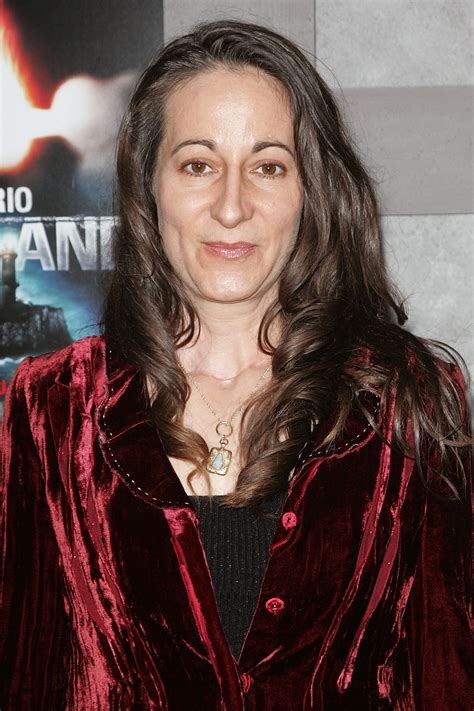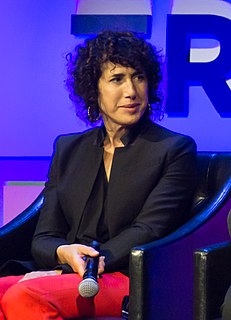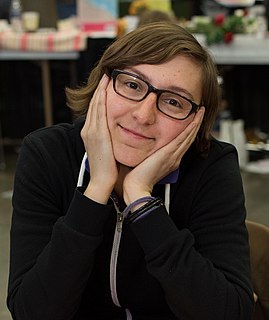A Quote by David C. Driskell
There was no real gender definition in the sense of how you treat people in those days with gender differences. You avoided them. My parents always told me that you do not make fun of anybody, and so I didn't see anything funny about it.
Related Quotes
I grew up with a sense of tolerance. I don't know that there was any talk about gender differences. It was respect for people. So when I became a professional and saw that there were a lot of differences in the sense of how people lived their lives, I became respectful of their territory, of their thoughts and their ideas, and it was never a problem for me to feel that this is my sister, this is my brother.
Some trans people thought that in claiming that gender is performative that I was saying that it is all a fiction, and that a person's felt sense of gender was therefore "unreal." That was never my intention. I sought to expand our sense of what gender realities could be. But I think I needed to pay more attention to what people feel, how the primary experience of the body is registered, and the quite urgent and legitimate demand to have those aspects of sex recognized and supported.
One of the concepts I was having trouble illustrating was the concept that administrative systems create narrow categories of gender and force people into them in order to get their basic needs met - what I call "administrative violence." I had images of forms with gender boxes and ID cards with gender markers, but I also wanted an image that would capture how basic services like shelters are gender segregated.
I've always thought about gender, as someone who has been categorically "gender nonconforming" for my entire life, I was forced to think about it, but obviously I became more conscious of it as a social issue as I've gotten older. And as I've met more folks who are genderqueer or trans, it's been really enlightening to hear their stories, and it got me thinking about my own gender history.
Gender is not something that one is, it is something one does, an act... a "doing" rather than a "being". There is no gender identity behind the expressions of gender; that identity is performatively constituted by the very "expressions" that are said to be its results. If the immutable character of sex is contested, perhaps this construct called 'sex' is as culturally constructed as gender; indeed, perhaps it was always already gender, with the consequence that the distinction between sex and gender turns out to be no distinction at all.


































